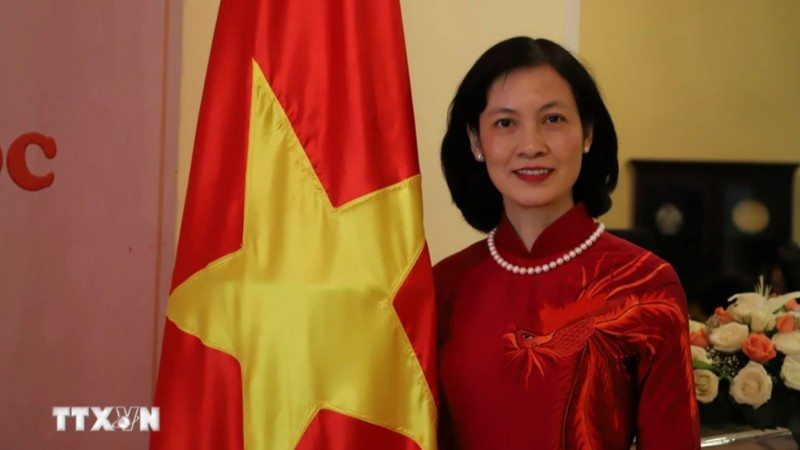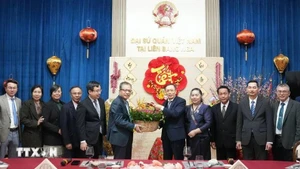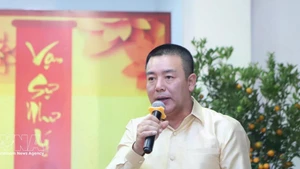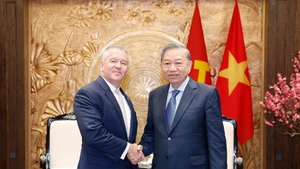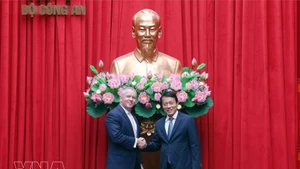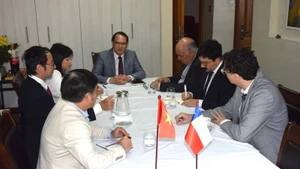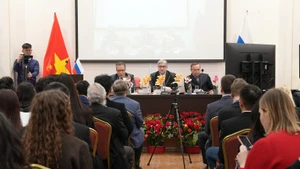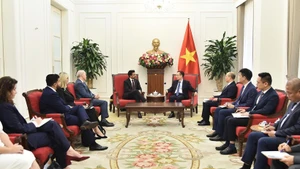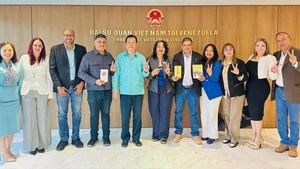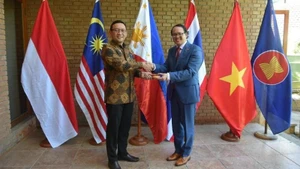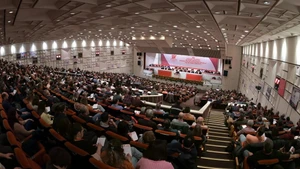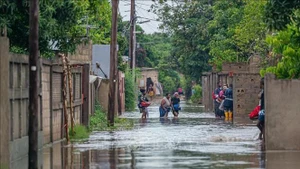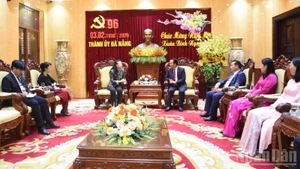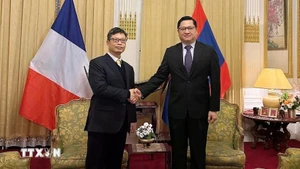Quy said that welcoming the President represents a step in implementing Vietnam’s foreign policy set by the 13th National Party Congress on independence and self-reliance for peace, friendship, cooperation, development, multilateralisation and diversification, and comprehensive and extensive international integration. The visit also contributes to the implementation of the plan on developing relations between Vietnam and Middle East-Africa nations in the 2016-2025 period.
Notably, the trip marks the resumption of high-level delegation exchanges between the two countries after three decades, and it is also the first visit of a head of state since bilateral diplomatic relations were established in 1973, the diplomat said, adding that it will open a new and promising phase in the multifaceted cooperation between Vietnam and Guinea-Bissau, benefiting their people and contributing to peace, stability, cooperation, and development in the regions and the world.
At the regional level, the reception for heads of state of African countries, including Guinea-Bissau, by Party General Secretary and State President To Lam in the first months of his new positions underscores the importance Vietnam attaches to and its close sentiments towards its traditional African friends.
Originating from mutual support during their past struggles for national independence, relations between Vietnam and these African countries have continuously been consolidated and nurtured throughout the period of national construction and development, serving as a model and testament to the strength of South-South cooperation, Quy said.
The ambassador went on to say that Vietnam and Guinea-Bissau officially set up their diplomatic relations on September 30, 1973, just one week after the African nation declared its independence and while Vietnam was in the midst of its struggle for national reunification.
Over the past five decades, the two countries have maintained a strong political relationship, reflected through the exchange of delegations. Guinea-Bissau has actively supported Vietnam at various multilateral forums. In July, Guinea-Bissau was one of the two African countries sending a delegation to pay respects to late Party General Secretary Nguyen Phu Trong.
In the economic sphere, bilateral trade has been steadily increasing, from 56.1 million USD in 2020 to nearly 170 million USD in 2023. Guinea-Bissau is currently one of the top five African suppliers of raw cashew nuts for Vietnam, making the Southeast Asian nation the third largest export market of Guinea-Bissau.
However, cooperation between Vietnam and Guinea-Bissau has not yet matched the needs and potential of both sides.
Therefore, the President’s visit, the first to Vietnam since he assumed his role in February 2020, is not only an opportunity for both sides to review their past achievements, but is also expected to mark a new turning point in their multifaceted cooperation, Quy stressed.
To further boost the bilateral relations, the ambassador proposed the two countries promote all-level delegation exchanges and meetings to enhance mutual understanding and seek cooperation opportunities in the fields that the two nations have strengths.
Both sides should also leverage their roles in supporting each other in enhancing cooperation at the regional level through organisations such as the African Union, the Economic Community of West African States (ECOWAS), and the Association of Southeast Asian Nations (ASEAN).
It is necessary to define priority areas of cooperation that align with each other's needs and strengths, such as trade, agriculture, maritime transport, and infrastructure; and explore and promote cooperation in trilateral or multilateral models.
In terms of trade exchanges, in addition to the key product of cashew nuts, both sides should facilitate market access and diversify other goods such as agricultural products, textiles, and machinery for the agricultural sector.
Quy suggested both sides enhance the legal framework for cooperation by promoting negotiations and signing of important agreements relating to trade, agriculture, investment promotion and protection, and double taxation avoidance.
To support the implementation of these major directions, the two foreign ministries need to continue to actively and effectively play a leading role in supporting relevant ministries, businesses, and local authorities of both sides to advance cooperation efforts, she added.
